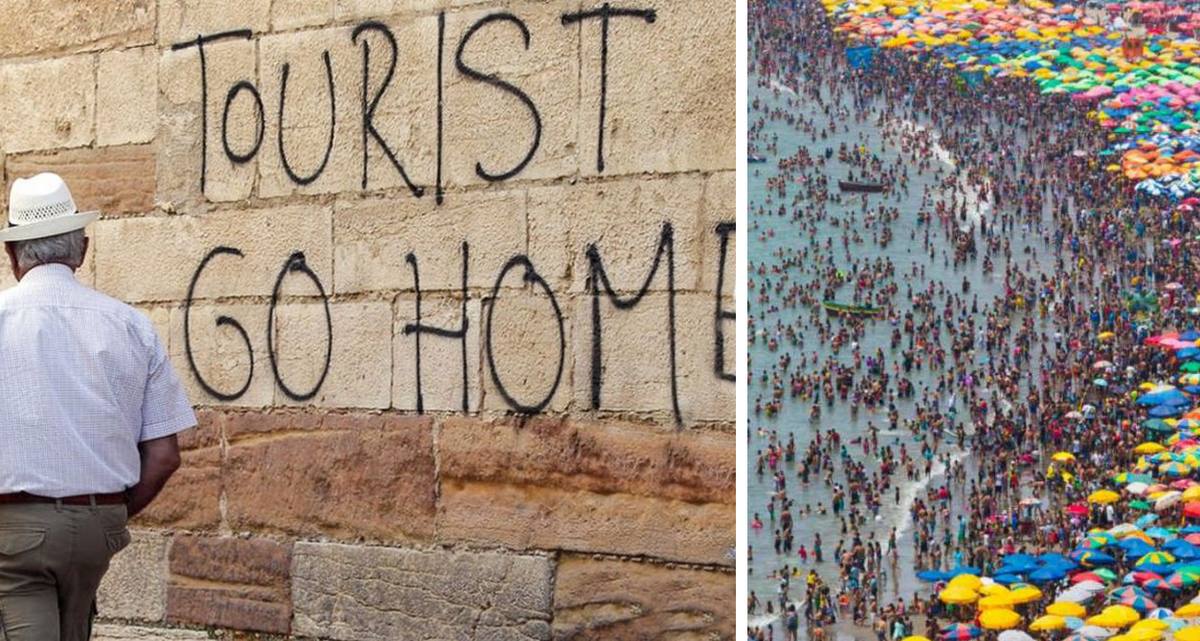The “post-syndrome” of the tourism industry – namely the lack of staff – threatens to lead to the collapse of the Croatian tourism industry. While tourists have begun to flock to the country – hotels, restaurants, and other tourism industries are forced to seek workers not only in Croatia and even the EU but around the world, including the Philippines – and the situation in the tourism industry is extremely worrying. If it is not corrected, tourists should wish to return home.
Other leading tourist destinations in Europe, such as France, Spain, and Greece, are facing this problem in one way or another. In addition, staff shortages are paralyzing the airline and the delivery of tourists across Europe. Pessimistic forecasts are already sounding – according to them, the chaos at airports with large-scale cancellations and delays may continue for another 18 months, ie, almost until the beginning of 2024, and capturing the upcoming summer tourist season. In the summer season of this year, the expert has already put a cross. “Long queues and passenger discontent in recent weeks at airports in Germany, England, the Netherlands, Ireland, and Spain may continue beyond 2023,” said John Holland Kay, chief executive of London Heathrow Airport, Britain’s largest airport. According to pessimistic forecasts, experts, many air carriers, and tour operators are not destined to survive this time – read the details in the DIP material at the link.
But back to Croatia: according to official estimates alone, the tourism industry may be short of 10,000 this year. “The situation is alarming,” Stanislaw Briskoski, owner of a restaurant in the Rovinj tourist resort in the north of the Istrian peninsula and chairman of the Istrian Catering and Tourism Workers’ Guild, told local media. While almost 3 million tourists have already arrived in the country and are waiting for the “peak” season in July-August, there is a desperate shortage of labor. At the same time, tourism is the main source of income for Croatia, which accounts for one-fifth of its economy.
However, there are serious problems with tourist services. Lockdown, as in other countries, has “thinned” the field of catering and tourism – workers have found a place in other sectors, where they eventually stayed, with better wages and better working hours. As a result, last year Croatia lifted quotas for foreign workers, mostly from its non-EU Balkan neighbors, as well as for Asian workers.
This June, more than 50,000 work permits have already been issued to foreigners, with tourism in second place, behind the construction sector. In total, about 100,000 permits are expected to be issued this year. Workers are being recruited everywhere – the main thing is that they are attracted by the “unique opportunity to work in Europe” as a gardener at a local hotel, James Pepito, a native of the Philippines. He managed to work in Oman and Qatar before arriving in Croatia two years ago, but hopes to stay for another year and establish himself in Europe. According to local media, more than 2,000 Filipinos have been or are planning to be employed in Croatia through the agency that hired the gardener alone.
But in the long run, this threatens additional problems – while foreign workers are filling some jobs, insiders in the tourism industry say efforts should be made to attract Croats. “The government should promote vocational schools with fewer students than in the past to train young people in skilled professions such as cooks. Employers must also adapt to the situation by providing the best working conditions,” say Croatian experts.

